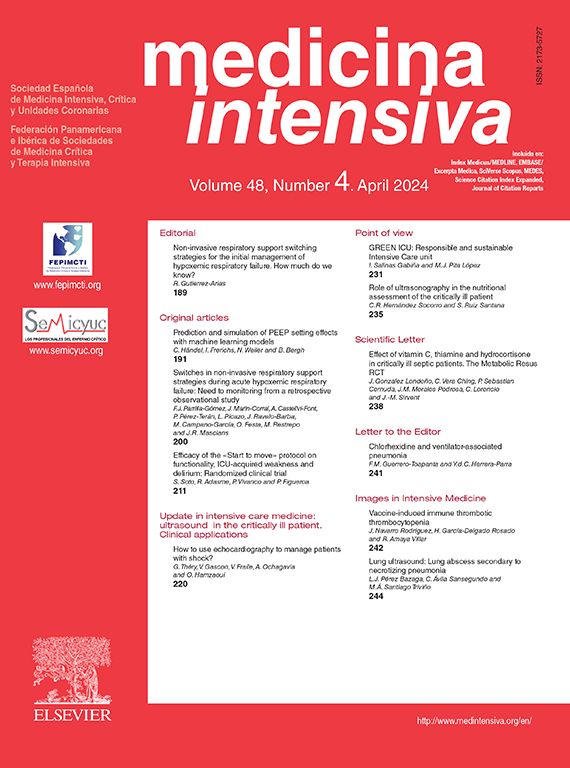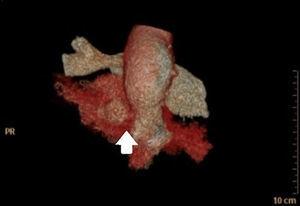After reading Chamorro-Jambrina et al.’s review1 we agree with the authors that the adequate maintenance of potential donors is essential to guarantee the viability of those organs suitable for transplant.
However, we think it is important to say that although such recommendations are usually brought up in different reviews on the maintenance of potential donors, there is still no scientific evidence on these recommendations. In particular, we are talking about the optimal hemoglobin level to start transfusing a potential donor. In theory, by default, and extrapolated to the critically ill patient levels of 7g/dL are considered the rule of thumb here.1 In other classical reviews, hematocrit levels <30% are indicative of transfusion.2 As far as we know, no study validates such recommendation. Unfortunately, the very few studies conducted on this regard never included such recommendation in their maintenance goals.3 All this becomes more complex when dealing with potential donors in asystole, although we understand that this exceeds the authors’ original review.1
Another controversial fact is the administration of enteral nutrition to potential donors. Hergenroeder et al. reported that up to 30% of potential brain-dead donors are capable of absorbing enteral nutrition.4 Other authors even say that the use of enteral nutrition is beneficial for maintaining the integrity of intestinal mucosa and reducing the rates of pneumonia and other infections such as intestinal bacterial translocation.5 Therefore, we do not think it is fully appropriate to say that enteral nutrition should not be maintained as Chamorro-Jambrina et al. claim.1
In sum, despite the high level of expertise in the management of potential donors in intensive care units, and the huge experience accumulated on this regard, such as the facts described above, well-designed clinical trials should be conducted in order to establish enough scientific evidence as to give recommendations in each and every one of these clinical conditions.
Please cite this article as: Gil-Salazar T, Egea-Guerrero JJ, Martin-Villen L, Ruiz de Azua-López Z. Mantenimiento del donante de órganos: recomendaciones generales que precisan evidencia. Med Intensiva. 2018;42:513.




